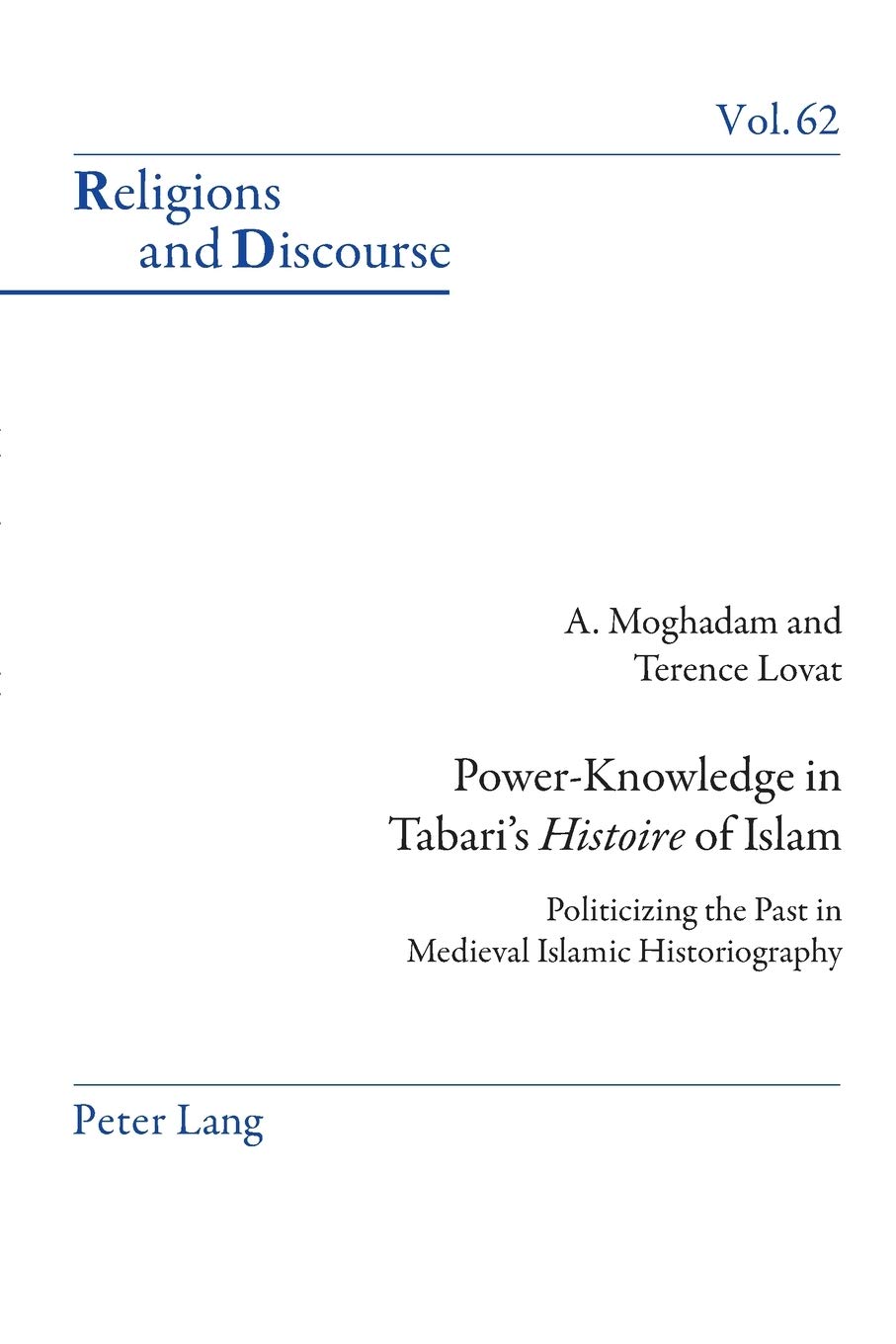

Most ebook files are in PDF format, so you can easily read them using various software such as Foxit Reader or directly on the Google Chrome browser.
Some ebook files are released by publishers in other formats such as .awz, .mobi, .epub, .fb2, etc. You may need to install specific software to read these formats on mobile/PC, such as Calibre.
Please read the tutorial at this link: https://ebookbell.com/faq
We offer FREE conversion to the popular formats you request; however, this may take some time. Therefore, right after payment, please email us, and we will try to provide the service as quickly as possible.
For some exceptional file formats or broken links (if any), please refrain from opening any disputes. Instead, email us first, and we will try to assist within a maximum of 6 hours.
EbookBell Team

5.0
40 reviewsMuhammad al-Tabari’s History, written about 300 years after the establishment of Islam, is one of the religion’s most important commentaries. It offers important insights into the early development of Islam, not so much for its history as for the ways it was interpreted and understood. Through application of modern historiographical analysis and scriptural exegesis, the book explores the space between factual history and interpretive history, or histoire. The focus is especially on the ways in which al-Tabari himself understood and interpreted Qur’anic evidence, employing it not so much for literal as for political purposes. In this sense, his work is best understood not as a reliable history in the modern sense but as a politically-inspired commentary. Granted that his work has often been relied on for Islam’s historical claims, this book offers important new insights into the ways in which power and politics were shaping interpretations in its first three hundred years.